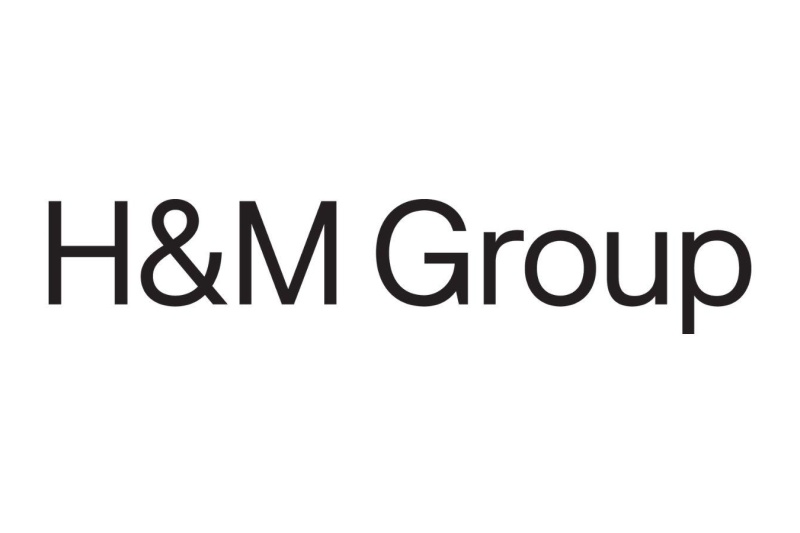
Global luxury group, Kering, commits to industry- and country-leading carbon reduction targets
14th Dec 2016
LONDON (December 14, 2016) – The Science Based Targets initiative announced today that it has verified and approved Kering’s ambitious science-based target to reduce its greenhouse gas emissions by 50% by 2025, demonstrating it is at the forefront of the luxury industry in paving the way to a low-carbon future.
Kering, a global luxury group in fashion, leather goods, jewellery and watches including Gucci, Bottega Veneta, Saint Laurent, Alexander McQueen, and Stella McCartney, is the first French company and the first luxury company to have its emissions-reduction plan approved by the Science Based Targets initiative.
The initiative is an unprecedented partnership between CDP (formerly the Carbon Disclosure Project), WRI (World Resources Institute), WWF (World Wide Fund for Nature) and the UN Global Compact. It works with companies to set ambitious emission reduction targets consistent with the latest climate science. Setting science-based targets gives companies a clear vision of how much and how quickly they need to transform their businesses in order to be part of the low-carbon economy that’s required to prevent the most dangerous impacts of climate change.
In line with the Science Based Target initiative’s criteria, Kering has committed to reducing its direct emissions by 50% by 2025. It will also reduce its indirect emissions from transportation and distribution, business flights, and fuel and energy use by 50% over the same timeframe, and emissions from purchased goods and services by a further 40%.*
“Contributing to combating climate change and respecting planetary boundaries in the way we do business is a priority for us,” said Marie-Claire Daveu, Chief Sustainability Officer and Head of International Institutional Affairs, Kering, “The Science Based Targets initiative is enabling the business community to set meaningful and measurable goals to ensure that we align with the 2°C global agenda and Kering is proud that our own GHG reduction ambitions have been validated by the initiative.”
“We’re pleased to confirm that Kering has had its emissions reduction targets approved by the Science Based Targets initiative’s team of experts,” said Alberto Carrillo, Senior Advisor on Climate and Business for WWF and Leader of the Science Based Targets initiative. “Kering’s ambitious but achievable targets will slash emissions across their value chain, and demonstrates the company’s commitment to a low-carbon future that other businesses must urgently adopt if they are to protect themselves and their customers from the threats of a warming planet.”
– ENDS-
About Science Based Targets
A partnership between CDP, WRI, WWF and the UN Global Compact, the Science Based Targets initiative works with companies to set ambitious emission reduction targets, consistent with the global effort to keep temperatures well below the 2-degree threshold, a key goal of the 2015 Paris Agreement on climate change. The agreement entered into force on November 4, with 110 countries representing 76% of global emissions having ratified so far. Businesses who commit to the SBT initiative have two years to set science-based targets, which are then closely reviewed by the initiative’s team of experts, who only approve those that meet strict criteria. Since the initiative was launched 18 months ago, over 200 businesses have signed up. Of these, 30 have now had their targets approved. Collectively they represent an estimated USD $4.8 trillion in market value, comparable to the total estimated value of the Tokyo stock exchange, and are responsible for 627 million metric tonnes of CO2 equivalent emissions per year, roughly equal to the annual emissions of South Korea. It is one of the commitments of the We Mean Business coalition.
*The full detail of the Kering target is as follows: Kering commits to reduce scope 1, scope 2 and scope 3 emissions from upstream transportation and distribution, business air travel and fuel and energy related emissions 50% per unit of value added by 2025 from a 2015 base-year. In addition, the company commits to reduce scope 3 emissions from purchased goods and services 40% per unit of value added within the same timeframe. This is part of their overall goal to reduce environmental impacts upstream, such as air emissions, water use, water pollution, land use change and waste through their Environmental Profit & Loss account (EP&L).
For more information visit: www.https://h... contact:
U.S. Yelena Akopian, Marketing and Communications Specialist, World Resources Institute, yakopian@wri.org, Office: +1 202-729-7845, Mobile: +1 818 312-6131
U.K. Tara Burke, Communications Consultant, Tara Burke, tara@digacommunications.com, Tel. +44 7747 745675
Latest News
View News


